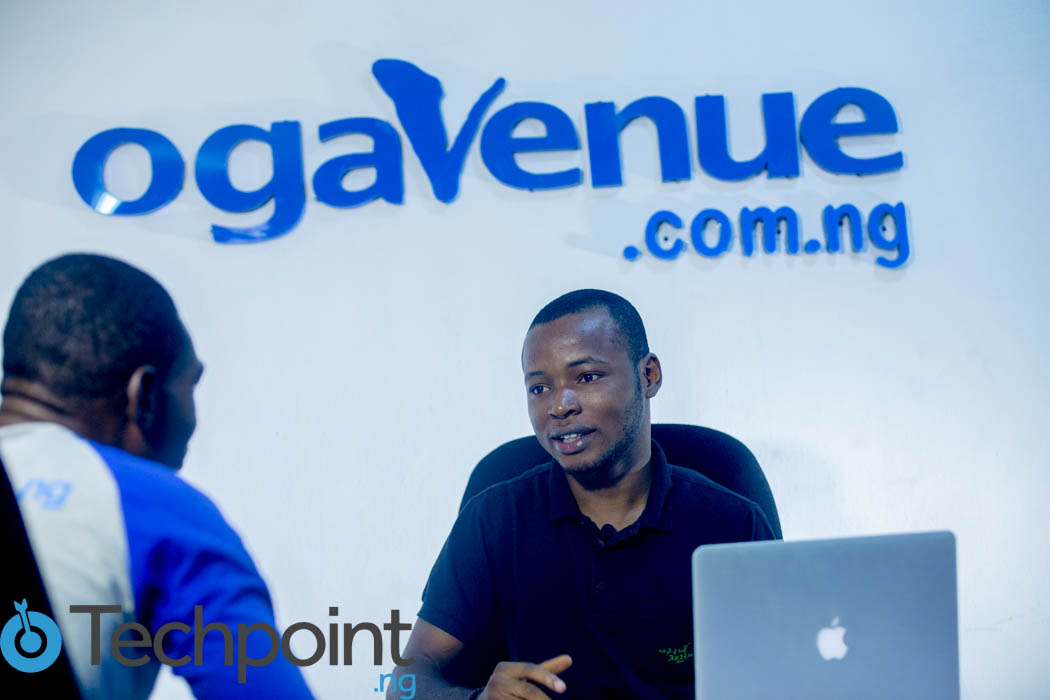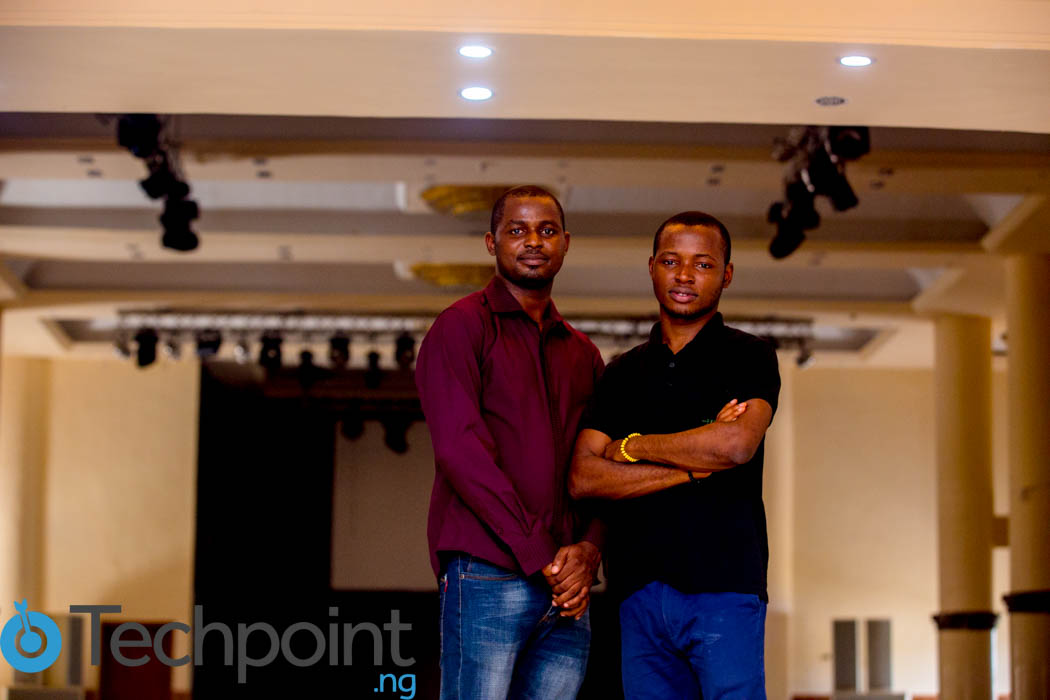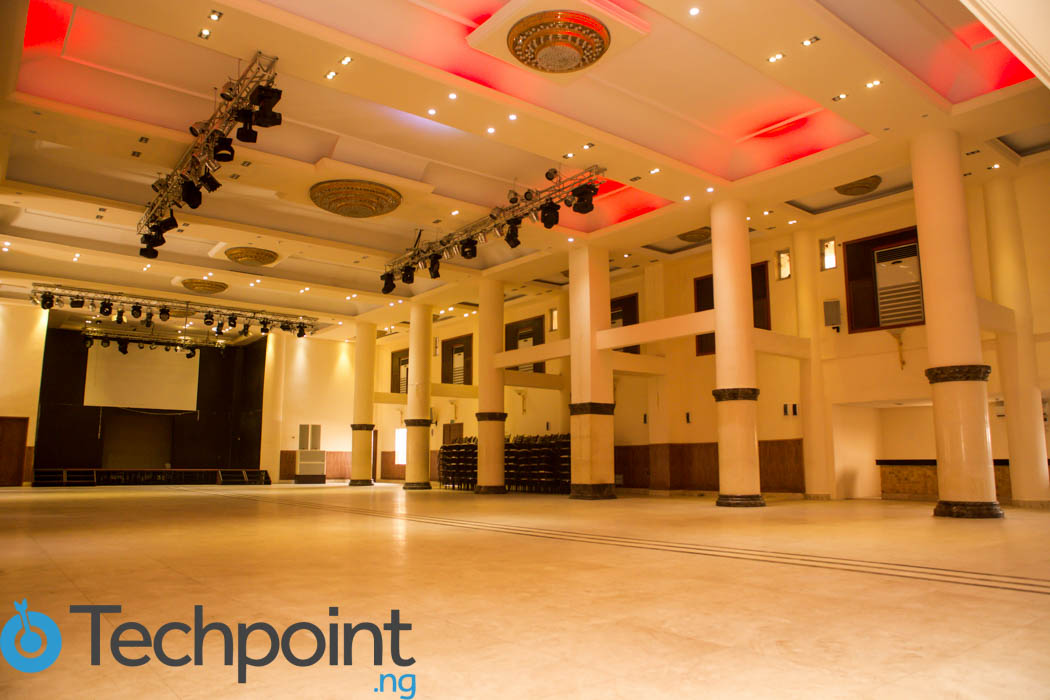In most parts of the world, the hospitality industry has been a source of optimal return for investors who were quick to identify its immense role in advancing economic growth.
Back in Nigeria, this wasn’t the case for a long time as the same industry was often overlooked in favour of more attractive industries like oil and gas. Granted, as an energy-based economy, the proceeds from oil and natural gas bred rapid wealth in real terms for Nigeria.
However, as the years went by, it became apparent that the mono-economy had to give way to the productive development of the various sectors of the economy. This foresight was inspired by instability in the price of crude oil at the international market and then, the apparent devaluation of the Naira.
With the impending recession, industry experts forecasted that the hospitality industry could be at risk of experiencing delays in investment returns between 2015 and 2017. However, the intervention of the National Assembly (through deliberate policy reforms geared towards increasing internally generated cash flow from service sectors such as travel and tourism) has since allowed greater foreign direct investment (FDI) flow into the country.
Today, with a projected compound annual gain of 10.5% in room revenue, the Nigerian hospitality industry looks set to overtake the rest of Africa as the fastest-growing over the next five years. Going forward, there is no telling how this positive trajectory will impact on businesses within the value chain of this particular service industry.
The Events Industry inclusion
Enterprises involved in the business of leasing out spaces for events happen to be one of such within the hospitality value chain. Prof. Okoli Fidelis Chukwuma highlights, in an international peer-reviewed journal in 2014, that events are the current trend in the hospitality industry.
Apparently, these events have taken the shape of flamboyant weddings, concerts, fashion shows, corporate events and even small private gatherings.
Obviously, this positive trajectory points in the direction of an industry that is indeed ripe for the taking. Surprisingly, not many seem to be taking adequate notice.
Pegged at $20 billion, the events industry in Nigeria is estimated to be among the most extravagant in the world. Even more revealing is the fact that venue rentals take up about 5% of event costs — more reason why it is baffling how little attention is given to the work that goes into securing venues.
Despite what appears to be a significant growth over the years, the events industry is still lacking proper organization; particularly in the ease with which self-acclaimed “event management experts” flood the industry. Not only that, most of the venues which play host to these events lack an online presence. This is primarily because most owners are not adequately equipped to manage one.
To the common man who has an urgent need to secure a venue for an event, this presents a serious challenge. They have to physically visit these venues, irrespective of where they are situated. A case in point is when one 24 year-old Andrew Airelobhegbe was planning his sister’s wedding. During the course of planning, Andrew experienced several difficulties securing a venue because they had no online visibility.
With a platform that allows one to search and book for events online, his experience might have turned out differently. Andrew found a need for building such a platform, which led him into market research. He discovered the space was laden with many opportunities.
The result of this discovery was OgaVenue — an online event/venue booking platform where users can search and book venues across all 36 states of Nigeria.

At its core, OgaVenue is a typical example of an internet startup, as it maintains no form of physical interaction with the user. This culture is translated into the mind of anyone who steps foot into OgaVenue’s office space in Yaba by the way the executive team go about their daily routine in energetic fashion.
Having launched formally in August 2015, Andrew’s OgaVenue is arguably the first Nigerian startup to stage a bold entrance into the burgeoning event/venue booking industry; reaping the much-coveted first-mover advantage.
In the early days, Andrew had to personally approach about 60% of the venue owners currently listed on OgaVenue, and then outsource the rest to individual agents for a small fee. The experience according to him was trailed with mixed emotions, as some of the venue owners were eager to come online while the other showed some resistance.
After a year of trading, OgaVenue already covered 17 states across Nigeria, listing over 2000 venue options, including some of the busiest venues in Lagos such as Harbour Point, Mimaya Event Centre and FM Event Centre.
“Before we launched, none of these venues had any online presence. Nobody knew anything about them,” he explains.
The on-boarding process was however accelerated after the late adopters saw their early counterparts gain online visibility. “This made it a lot easy to on-board them on the OgaVenue’s platform,” he remarks.
At present, the platform has grown to over 8000 venue listings; inevitably adding more credibility to an industry that has come to be valued at $5 billion.
Impact of the venue booking market on OgaVenue’s business model
Speaking of a (venue booking) sub-industry that is supposedly overlooked, a five billion-dollar valuation (25% of $20 billion), does appear bloated. Hence presenting a need to study market trends, and how they have played to the advantage of the likes of OgaVenue.
Statistics have it that an average Nigerian company or middle-class family spends over $15,000 per event. With Lagos State alone reportedly hosting over 20,000 events monthly in 2015, expected earnings amount to about $300,000,000 annually. This is asides the several events being held outside of Lagos.
Often times, the pricing and choice of venue is subject to the number of guests expected at the event. Meaning, the more the number of guests, the bigger the venue and the higher the price. Also, a venue could be priced for as high as ₦4 million, as is with the popular Lekki Coliseum — an event centre in Lekki, with 2 banquet halls that can conveniently hold a thousand guest respectively.
Nigerians are never shy of throwing up parties in celebration of events. However, barring the ubiquitous “owambes”, more companies have, in recent times, begun using events as a key marketing and communication tool. From product launches to press conferences and gatherings, companies create promotional events to help communicate with both existing and potential clients.
So for businesses like OgaVenue, that charge a commission for every successfully booked venue, they stand the opportunity of reaping huge proceeds; enough to attract the attention of even local investors.
Tightening loose ends for optimal ROI
Not for the lack of building impressive or scalable products, it still remains a common phenomenon that startups in Nigeria find it difficult to attract investors. Perhaps with OgaVenue, we can make an exception of attributing the lack of interest from investors to failure on their part to identify the potentials inherent within the venue booking industry.
Notwithstanding, one investment outfit has made the first move of keying into in this industry, albeit with a figure that could easily be described as a “careful investment.”
In August 2016 SPARK, an investment outfit run by iROKOtv founder, Jason Njoku, pumped $45,000 into OgaVenue. This move drew gazing eyes on OgaVenue, particularly because Jason made a point of personally visiting Andrew at his then “dinky little” office in Berger before investing. This was despite him remarking that OgaVenue didn’t need his money.
What could have gotten Jason Njoku so interested?
“Hardly any week goes by in Lagos State alone without well more than 2000 events happening, including the most remote locations,” Andrew acknowledges, “We are barely scratching the surface in terms of how big we can get from an industry that has a lot more to offer,”

As an investor’s reward, SPARK would be looking to cash in big when OgaVenue scales to the point of garnering a mammoth sum, in event of a one-time acquisition or a possible IPO (trading its shares publicly on the stock exchange market). But the likelihood of this rests on OgaVenue’s resolve to find innovative means of automating every single process of booking these venues to ensure optimum engagement on its platform.
Throwing light on this, Mr. Tope Israel who happens to be the event manager at Lekki Coliseum explains that after clients book through the OgaVenue platform, their contact details are forwarded to him to carry on with the conversation.
“OgaVenue sends us the prospect’s number and we take the conversation up from there,” Mr. Tope explains.

Without a doubt, this could spur revenue leakages as clients could bypass the entire booking process altogether. This poses the risk of OgaVenue being relegated to just a platform for checking out venues online.
In response to this, OgaVenue has managed to make it cheaper to book venues through the platform. Apparently, the idea of getting venues at a cheaper rate online does sound appealing to customers. The only question is, is the approach sustainable? One could just ponder at their chances of success in the long-term.
Concluding thoughts
OgaVenue may be far from a product that can keep investors ceaselessly chasing after it. But if there’s one thing Andrew’s exploits have proven, it’s that the Nigerian hospitality industry is so big and more players can come in.
Another pointer to this fact is that the likes of Hotels.ng and ToLet.com.ng also succeeded in securing investment after they launched into the market.

Asides all these, the spirited zeal — of Andrew and his team — to attain greater milestones reveals that there is actually room for more exploits.
So in this light, the Nigerian hospitality industry is really up for grabs for the bold entrepreneurs as well as for the smart investors who can recognise the budding opportunities in this niche.








